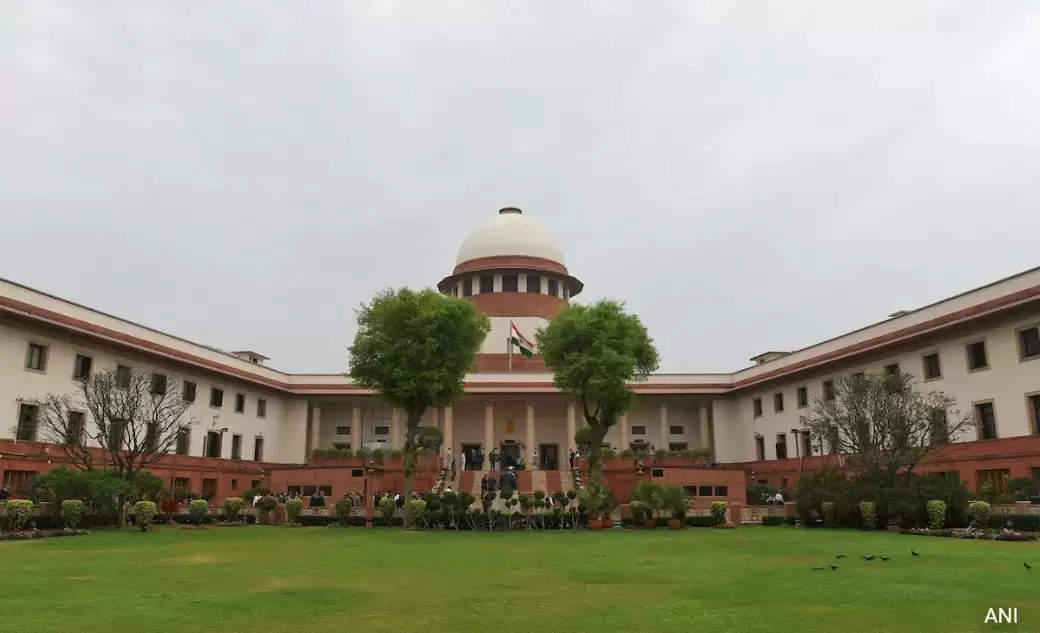Supreme Court Decision: Legal battle between tenant and landlord lasted for 48 years, now the big decision of Supreme Court has come
Supreme Court: This legal battle between the landlord and the tenant, which started in 1974, has now been resolved after the decision of the Supreme Court. Let us know about it in detail.

Breaking News (New Delhi). A landlord had to fight a long legal battle for 48 years to get a tenant to vacate his shop in Connaught Place, the main commercial market of Delhi.
This legal battle between landlord and tenant, which started in 1974, has now been resolved after the decision of the Supreme Court. In the decision, the Supreme Court said that the possession of the shop should be handed over to the landlord.
In 1936, he was given the opportunity to run a chemist's shop.
The case starts from the 1930s. At that time the shop was first given on rent in 1936 to a company to run a chemist shop. Eviction proceedings from the shop were initiated in 1974.
The main ground in the court was subletting without the consent of the landlord (the tenant rented out the shop to a third person without the consent of the owner). The owner had first approached the Delhi Rent Controller and alleged that the premises were sublet to three doctors.
The tribunal rejected the owner's petition in 1997.
Additional Rent Control had rejected the petition in 1997 saying that the shop owner had failed to show subletting. It was also not shown that the shop was given on rent to any third person. After this the owner appealed to the tribunal. The tribunal ruled in favor of the shop owner and ordered eviction of the sublet.
Tenant moved Delhi High Court
After this the tenant moved the Delhi High Court. The High Court set aside the tribunal's order in 2018 and said that "the tenant always had direct and legally complete control over the shop. The view taken by the tribunal was wrong or based on conclusions that would have been inconsistent with the evidence presented." were opposites."
The matter reached the Supreme Court
After this the matter reached the Supreme Court. Senior advocate Dhruv Mehta and advocate Jeevesh Nagrath, appearing for the shop owner, argued in the court that "subletting was proved before the final fact finding stage.
In such circumstances, the High Court has the power to stay the orders of the appellate tribunal in its supervisory jurisdiction." Shouldn't have bothered you."
Senior advocate Rana Mukherjee appeared on behalf of the tenant.
Senior advocate Rana Mukherjee, appearing for the tenant, argued in the court that complete control over the premises was never handed over to the doctor.
Entry and exit remained under the sole control of the tenant. The top court did not believe this and the bench of Justice Vineet Saran and Justice Aniruddha Bose canceled the order of the High Court.
The High Court, exercising its jurisdiction under Article 227 of the Constitution, had gone deep into factual territory to disagree with the final fact-finding forum. There is no dispute that three doctors were occupying a part of the shop.
In such circumstances, it was for the respondents to establish the degree of control they maintained over the said premises by quashing the petition of subletting or parting with the assignment or possession.
There was no distortion in the order of the Appellate Tribunal on the basis of which the High Court could have interfered. In our view, the High Court examining the validity of the Tribunal's order through the lens of the appellate body, and not as a supervisory court, ruling on the application under Article 227 of the Constitution, is unacceptable.
